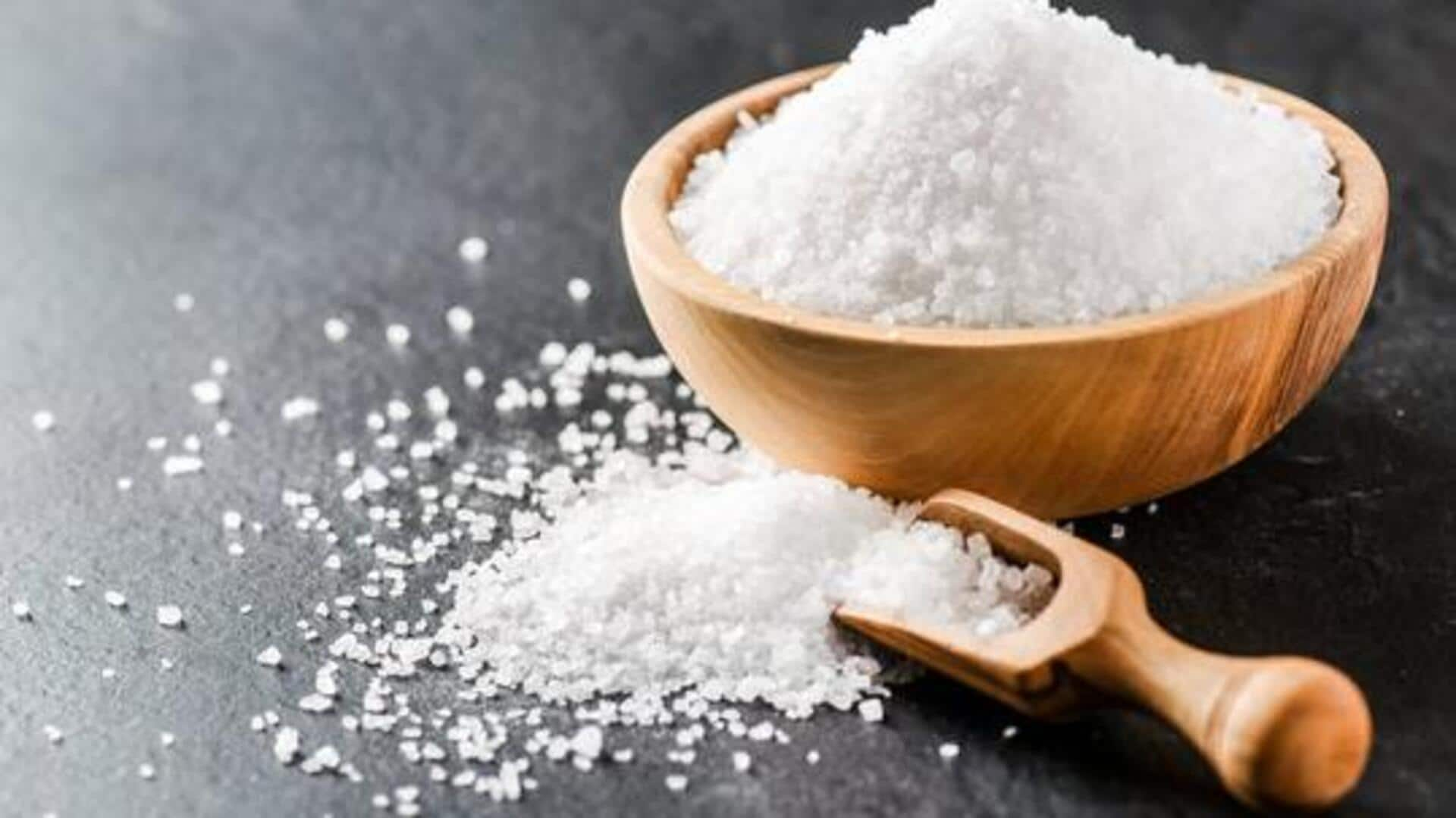
Cooking with natron salt: Benefits and tips
What's the story
African natron, a naturally occurring mineral salt, has been used for centuries in various culinary traditions. Known for its unique properties, it offers several benefits when incorporated into cooking. This article explores five surprising advantages of using African natron in the kitchen. From enhancing flavors to improving food preservation, these insights reveal how this traditional ingredient can be a valuable addition to modern cooking practices.
Flavor boost
Enhances flavor profiles
African natron is known to enhance the natural flavors of ingredients. When added in small amounts while cooking, it can bring out the subtle tastes that might otherwise go unnoticed. This mineral salt works well with vegetables and grains, adding depth and complexity to dishes without overpowering them. Its ability to balance flavors makes it a versatile tool for chefs looking to elevate their culinary creations.
Tenderizing agent
Acts as a natural tenderizer
One of the most notable benefits of African natron is its natural tenderizing ability. When mixed in some food during preparation, it breaks down fibers and proteins, making them softer. This makes it especially useful while preparing legumes or tough vegetable cuts that would otherwise require long cooking time. By minimizing prolonged exposure to heat, natron retains nutrients while making them tender.
Preservation aid
Aids in food preservation
Traditionally, African natron has been used as a preservative because of its alkaline nature. It prevents bacteria from growing and prolongs the shelf life of perishable items when used properly. In areas where refrigeration may not be easily available or dependable, this mineral salt proves to be an efficient way of keeping food fresh for longer without affecting taste or quality much.
Nutrient booster
Improves nutrient absorption
Incorporating African natron into meals can boost nutrient absorption from certain foods by neutralizing the phytic acid naturally present in them, especially in grains such as millet or sorghum. Phytic acid can often impede mineral absorption by binding to essential nutrients like iron and zinc, preventing them from being properly absorbed into the bloodstream.
Time saver
Reduces cooking time
Using African natron while cooking can drastically cut down the total time taken to cook certain meals—particularly those including pulses such as beans, which usually require hours of simmering before achieving ideal levels of tenderness for consumption purposes. Thus, conserving energy resources while preserving the nutritional value throughout the entire cycle in an efficiently handled manner possible under current circumstances faced globally today.